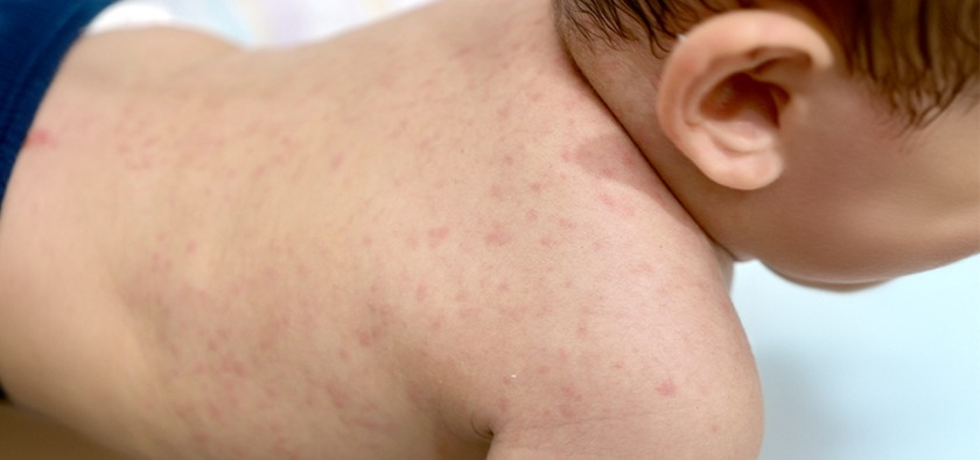
Understanding Psoriasis in Children: A Comprehensive Guide
Introduction
Psoriasis is a chronic skin disorder that can significantly affect children, much like adults. However, when it comes to psoriasis in children, the nuances and management can be different. The onset may disrupt their daily activities, affect their self-esteem, and impact their social interactions. In this comprehensive guide, we delve deep into understanding psoriasis specifically in children, exploring the various symptoms, treatment options, and what parents and caregivers can do to support their loved ones.
What is Psoriasis?
Psoriasis is fundamentally an autoimmune condition marked by rapid skin cell turnover, which presents itself as red, scaly patches on the skin. While psoriasis mainly manifests in adults, it can also emerge in children, sometimes presenting as guttate psoriasis, characterized by small, drop-like lesions. Understanding these forms is essential for effective management and treatment. Early identification is crucial, as it helps to mitigate the symptoms and provides a smoother experience for affected children.
Recognizing Symptoms of Psoriasis in Children
In children, the symptoms can vary and may often be less severe compared to adults. Common symptoms include dry, scaly patches that may result in itchy and inflamed skin. Scalp involvement may appear as dandruff-like flakes, while nail changes might involve pitting or discoloration. Some children may also experience painful joints due to psoriatic arthritis. Being aware of these signs helps in seeking timely medical advice and appropriate treatment from a specialist at The Skin Artistry.
Importance of Early Detection
The importance of early detection and intervention in managing psoriasis cannot be overstated. Recognizing the symptoms early allows for prompt treatment, preventing the condition from worsening and minimizing flare-ups. This can significantly improve a childs quality of life, promoting better focus in school and encouraging social interactions. Parents play a vital role in monitoring changes in their child’s skin and behaviors, which can lead to finding effective solutions to manage the condition.
Available Treatment Options
Treatment for psoriasis in children usually commences with topical preparations, such as corticosteroids which are designed to reduce inflammation and skin cell growth. Phototherapy may be an option, which involves exposure to controlled ultraviolet light to alleviate symptoms. In more severe cases, systemic treatments or biologicsmedications targeting the immune systemmay be recommended by dermatologists at The Skin Artistry. Each treatment choice is tailored to the individual child’s condition, severity, and response to previous therapies. It’s crucial for families to engage in discussions with their healthcare provider to determine the most suitable approach.
Managing Flares and Triggers
Effective management of psoriasis entails identifying triggers that can lead to flare-ups. Common triggers include stress, skin injuries, infections, and even changes in climate. Implementing a good lifestyle coupled with proper skin care can help in managing symptoms at home. Ensuring emotional support and proper education about psoriasis also aids in dealing with the psychological impact the condition can have on a child, thereby enhancing their overall well-being and self-esteem.
Supporting Your Child Emotionally
Living with psoriasis can be emotionally challenging for children. Parents and caregivers should ensure that their children feel supported and understood. Open communication about the condition can help demystify it and reduce feelings of isolation. Encouraging discussions with school staff can also foster a more supportive environment, addressing issues like bullying and enhancing positive social interactions among peers. Organizations dedicated to children’s health can offer additional resources for understanding and managing these challenges.
Conclusion
Understanding psoriasis in children is essential for facilitating effective management strategies. By comprehending the symptoms and available treatments, parents can make informed decisions and take an active role in their child’s health journey. As research and advancements in treatment options evolve, families should maintain open lines of communication with their childs healthcare team to ensure personalized care.
For professional assistance and expert advice from leading dermatologists like Dr. Hital Patel, experience the benefits of understanding psoriasis in children with Hair & Skin Specialist Dr. Hital Patel at The Skin Artistry. Our clinics in PDPU Gandhinagar, Vastrapur Ahmedabad, and Hyderabad (Visiting Consultant) offer top-quality care and personalized treatments. Visit us today to learn more about our services and take advantage of our special offers! For more insights, updates, or to collaborate, stay connected with The Skin Artistry.

